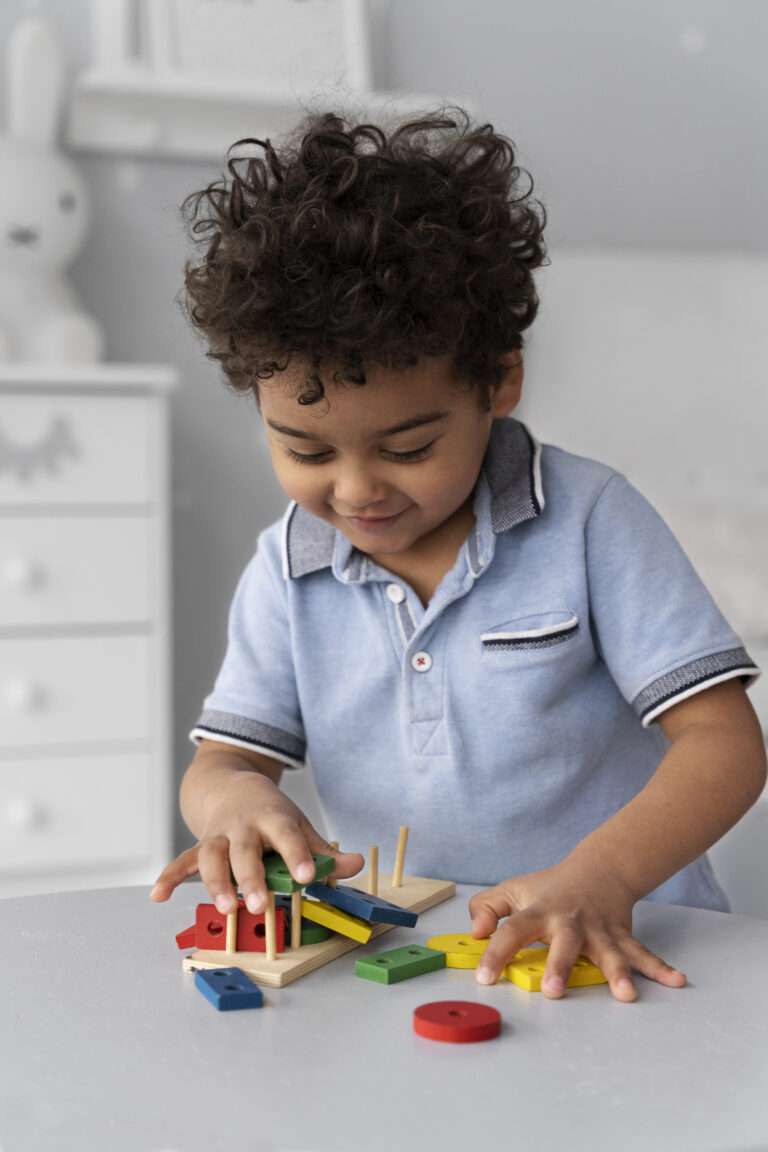Bradycardia in children
Bradycardia in children is a condition where the heart rate is slower than normal. This condition can be physiological, as seen in well-conditioned young athletes or during sleep, or pathological, often following heart surgery or in premature infants.
Common causes include sinus bradycardia, where the heart’s sinus node fires at a slower rate, and atrioventricular (AV) block, which disrupts the normal electrical signal transmission between the heart’s chambers.
Symptoms may vary greatly. While some children may exhibit no symptoms, others can experience dizziness, fatigue, and in severe cases, heart failure symptoms or fainting. The presence and severity of symptoms often depend on the underlying cause and the child’s overall health.
Treatment approaches are determined based on the underlying cause of bradycardia. Physiological bradycardia typically requires no intervention, but pathological cases, particularly those involving complete AV block, might necessitate the implementation of a pacemaker.
In terms of results, the prognosis for children with bradycardia largely depends on the cause and the effectiveness of treatment. For instance, children with physiological bradycardia generally have an excellent prognosis and can lead normal lives. However, children with pathological bradycardia may require ongoing medical care and monitoring to manage their condition effectively.
To prevent bradycardia, it’s important to address risk factors associated with heart disease, as these can increase the likelihood of developing bradycardia. These preventative measures include maintaining a healthy lifestyle, exercising regularly, eating a balanced diet, managing weight, controlling blood pressure and cholesterol, avoiding smoking, limiting alcohol consumption, managing stress, and having regular check-ups. Additionally, understanding and properly managing existing heart conditions and following prescribed treatments for these conditions are key to preventing bradycardia.
Support for children with bradycardia and their families includes educating them about the condition, understanding treatment and lifestyle adjustments, and recognizing when to seek medical help. Emotional and psychological support is also crucial, as living with or caring for someone with a chronic heart condition can be challenging.
It’s crucial to consult a healthcare provider for an accurate diagnosis and appropriate treatment plan if you suspect you have bradycardia or are experiencing related symptoms.
------------From our Sponsors------------









